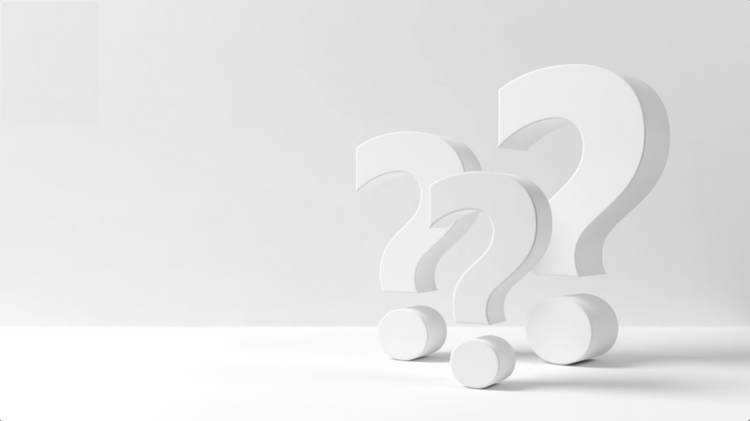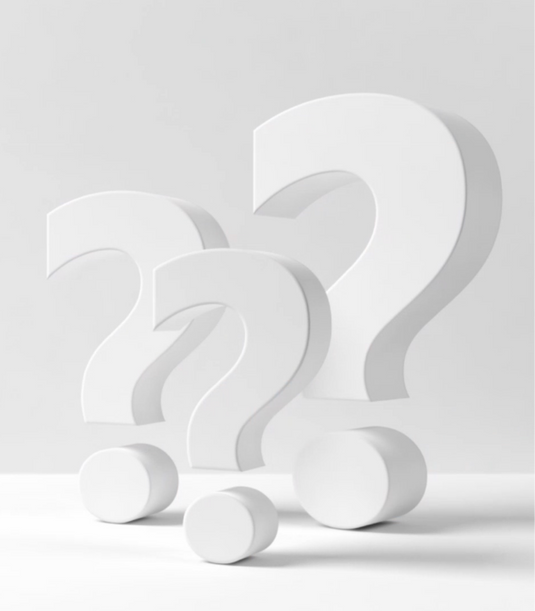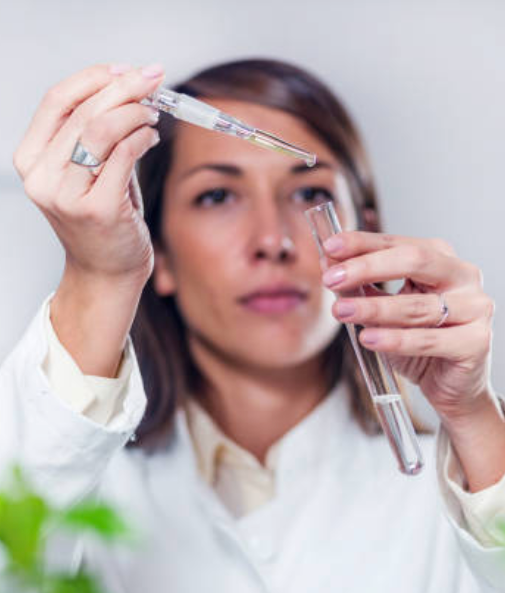Treating Common Medical Conditions


All About Homeopathy
Homeopathy is a system of natural medicine that has been in use worldwide for over 200 years. The name homeopathy, coined by its originator, Samuel Hahnemann, is derived from the Greek words for ‘similar suffering’. Hahnemann was a medical doctor and a chemist who became disenchanted with conventional medicine. Through rigorous experimentation and observation Hahnemann uncovered the natural laws of healing upon which homeopathy is based.
Homeopathy is founded on two main principles, the first being ‘like cures like’, which means that a substance capable of producing certain symptoms in a healthy person, can be used to treat those same symptoms in a case of disease. In Homeopathy we trust that the body will always be using its most effective healing response to a given situation. By using medicines which can stimulate a similar healing response, we boost the body’s own vitality, and work with it, instead of against it.
The second main principle in Homeopathy is that only ‘the minimum dose’ should be employed, in order to avoid the side effects that are so often the consequence of conventional treatment. This principle is based upon the understanding that homeopathic medicines are stimuli for healing vital force (qi or chi or life force) and that we need only give enough to produce a response. This ensures that treatment will be as gentle and natural as it is healing and effective.
Even though Homeopathy has been in use for more than 2000 years, it was only developed as a systematic and scientific therapy of medical treatment in 1796 by the German physician Dr. Samuel Hahnemann who had become disenchanted by conventional medical practices. Dr. Hahnemann observed that substances which produce symptoms in healthy people cure similar symptoms in the sick, thus describing the “Law of Similars”.
Homeopathy works on the basis of the principle “like cures like”. Thus, a substance that is capable of producing morbid symptoms in a healthy person has the ability to cure similar symptoms in an individual whose health has been unbalanced. By matching the individualizing symptoms within a patient to those related to a particular homeopathic substance, a homeopathic remedy stimulates the autoimmune system in order to eradicate the underlying cause of the imbalance, thus restoring health and equilibrium.
The aim of a consultation with a homeopath is to find out why your body is unable to heal itself as it should, and to identify a way to allow it to do so. Symptoms are the way our body reacts to stresses, expressions of dormant tendencies we inherited from our ancestors. From your description of all your different symptoms, even if they seem totally unrelated to you, the homeopath draws the picture of a tree, your symptoms being the different branches, with a common trunk feeding all of them, the “root cause”. He thus chooses a natural substance to correct this imbalance, the remedy acting like a vaccine tailor-made to boost your own resistance.
Homeopathy is about treating the whole person, any person, and not just the condition. Thus, anyone can come and see a homeopath. In homeopathy we aim for healing on a deep level, to get to the root cause of disease. Even in end-stage conditions, homeopathy can be used to allay suffering and raise the quality of life.
Homeopathic remedies are non-toxic, and highly potentized, consequently, they are safe, gentle and devoid of any side effects Homeopaths are trained to analyze each case individually and suggest the most appropriate remedy and dosage on the basis of an individual’s particular symptoms.
Some conventional drugs may interfere with the curative power of the homeopathic medicines, however there is no possibility of a homeopathic medicine interfering with the action of a conventional drug. In many instances a homeopathic remedy will be able to augment or speed up the recovery process.
Recent studies suggest that homeopathy is now the preferred method of therapy for more than 650 million people worldwide, and is daily drawing more individuals, of all ages and from all walks of life, who have become dissatisfied with conventional medicine and therapy. In the United States the sales of homeopathic medicines have grown at a rate of 10-20% per year over the last ten years.
More than 40 % of French population use homeopathy and over 4200 MDs in Germany have specialized in Homeopathy. In Asia, especially India, government councils for the regulation and administration of homeopathy have been in effect for the last 75 years. All over the globe, homeopathy is rapidly gaining recognition as a major force in health care.
Naturopaths study a variety of alternative healing methods, including homeopathy, and may mix treatments in their practice. Naturopaths are more like generalists in natural medicine, but most do tend to reply heavily on supplementation. Homeopaths specialize in homeopathic medicine, which is a complete medical system in its own right.






